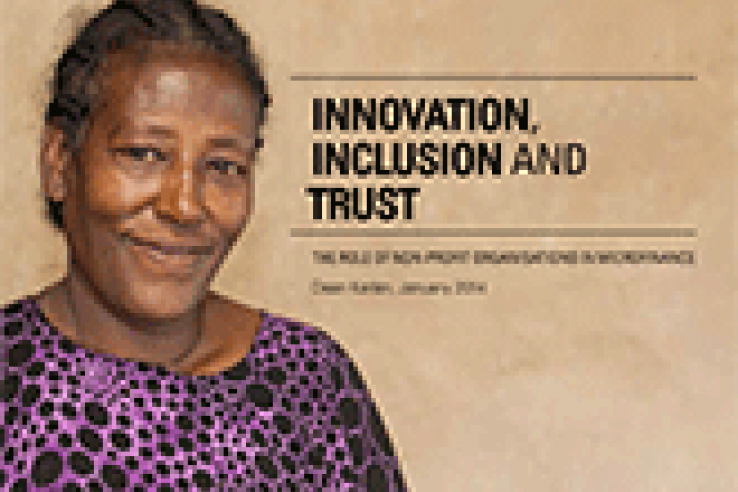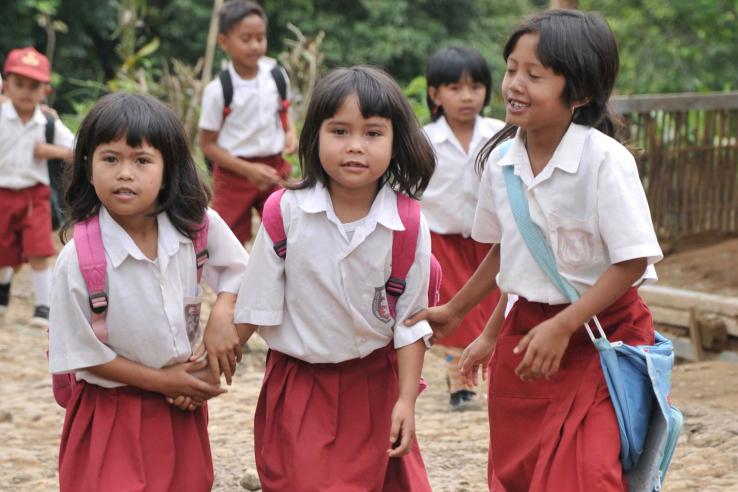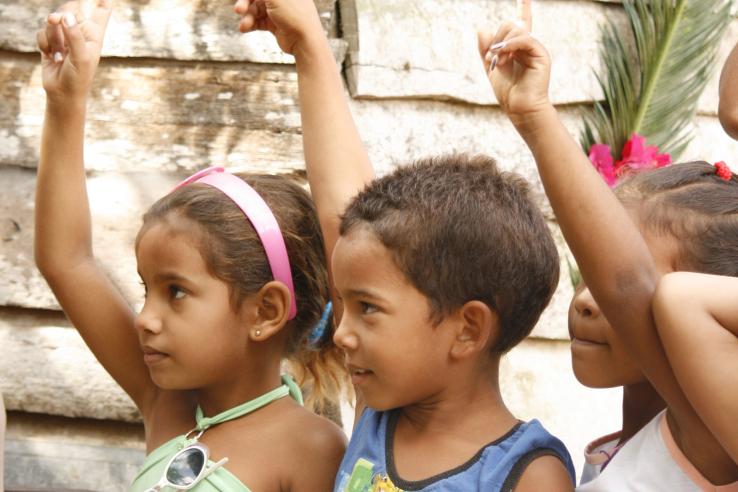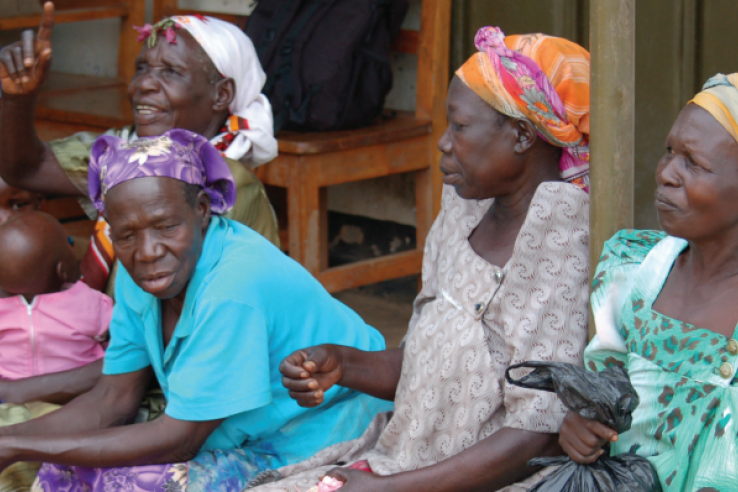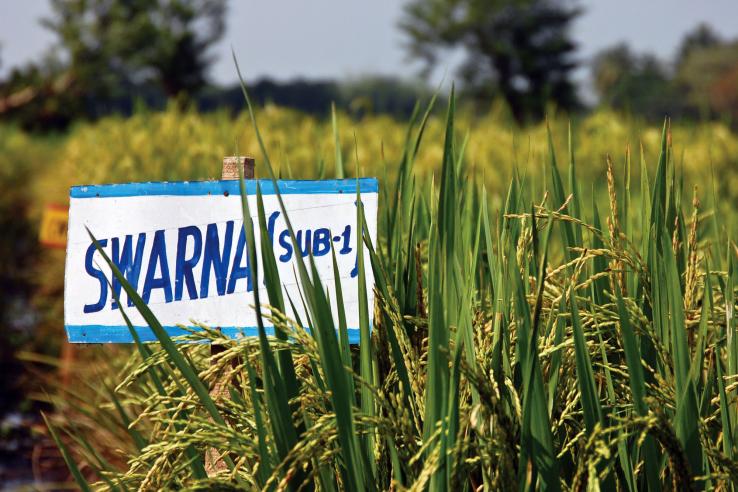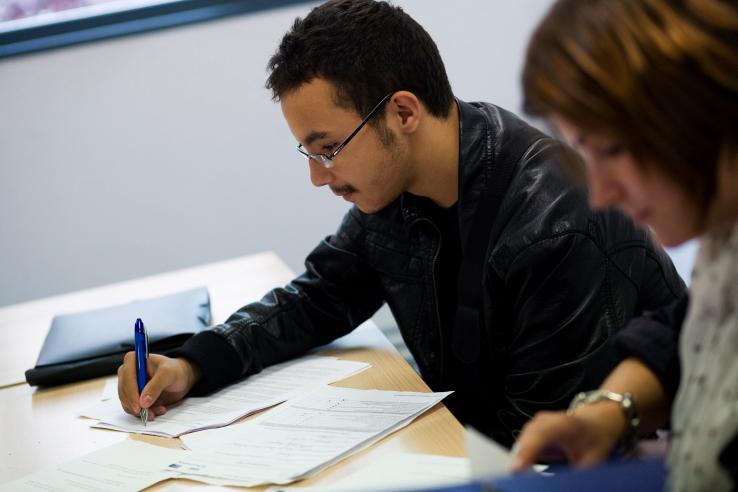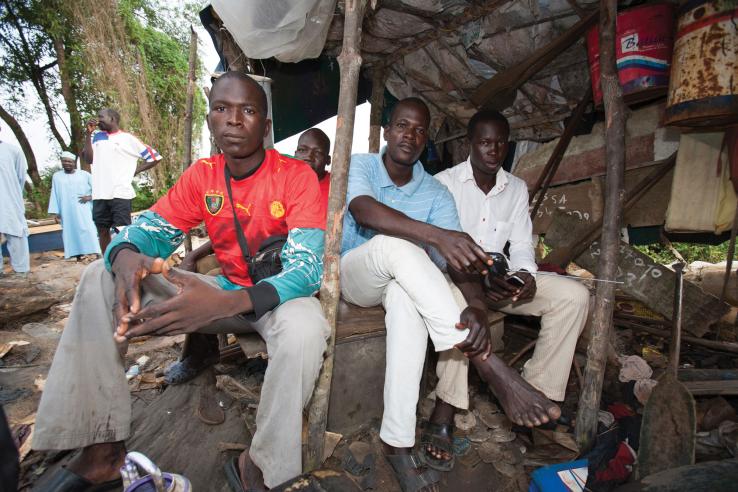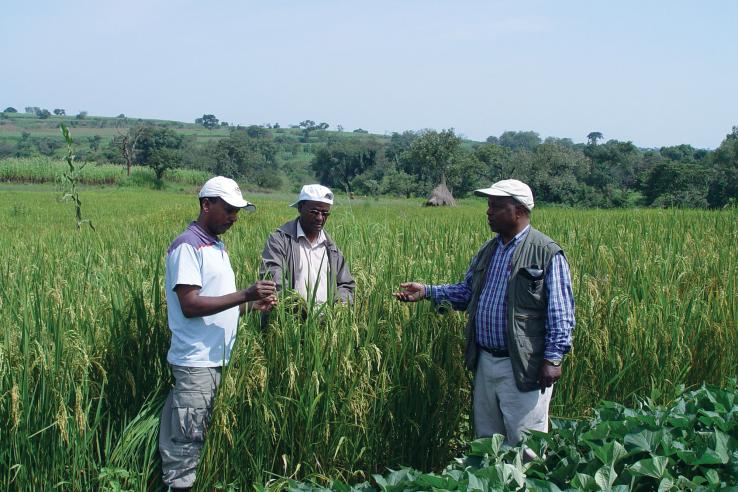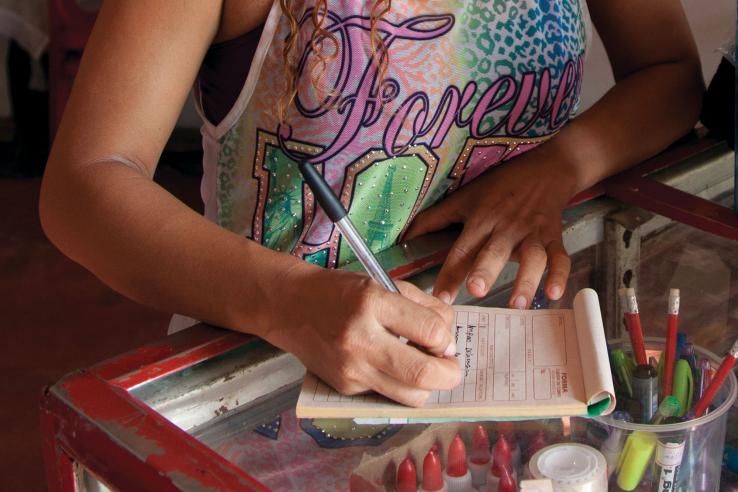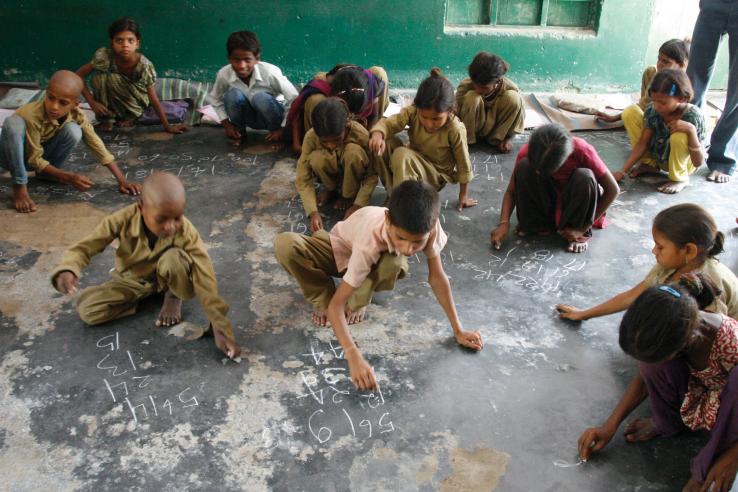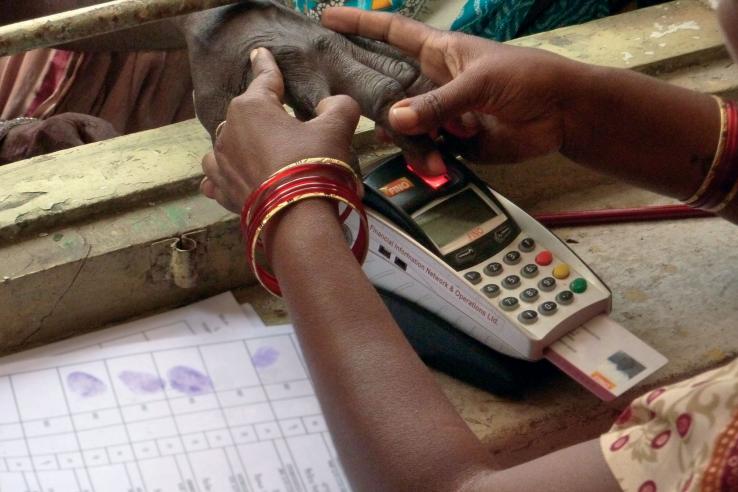Displaying 121 - 135 of 8468
Policy Publication
File: Policy publication
If microcredit, as traditionally implemented, is being done just as well by for-profits, where to for non-profits? Dean Karlan lays out three important roles that non-profits can play in the financial inclusion arena.
Policy Publication
File: Policy publication
The Oregon Health Insurance Experiment found that covering the uninsured with Medicaid increased the use of health care, including primary care, hospitalizations, and emergency room visits; diminished financial strain; and reduced depression. There was no statistically significant impact on physical...
Policy Publication
File: Policy publication
Community block grants improved health and education in Indonesian villages, and adding performance incentives sped up improvements in health.
Policy Publication
File: Policy publication
Cash transfers directed to female caregivers in Nicaragua led to gains in child-development outcomes that persisted beyond the duration of the program.
Policy Publication
File: Policy publication
A community-based monitoring program in Uganda led to large and sustained increases in health care utilization and improvements in child health. The key to success was providing communities with information on the performance of local health care providers.
Policy Publication
File: Policy publication
Small-scale farmers, who adopted flood-tolerant rice, reduced their vulnerability to seasonal flooding, increased investment in their farms, increased productivity, and subsequently increased their profits, whether or not flooding occurred. Targeting agro-dealers with information, holding farmer...
Policy Publication
File: Policy publication
An intensive counseling program for job seekers at risk of long-term unemployment in France helped them find work sooner than the standard low-intensity counseling program, and the counseling was more effective when provided by a public agency than by private contractors.
Policy Publication
File: Policy publication
In rural Malawi, providing information about voluntary medical male circumcision and HIV transmission risk reduced risky sexual behavior among uncircumcised men, but did not increase take-up of circumcision. A subsequent evaluation of a voucher program in urban Malawi found that providing...
Policy Publication
File: Policy publication
Performance pay for tax officials in Punjab, Pakistan significantly increased tax revenues without harming taxpayer satisfaction.
Policy Publication
File: Policy publication
Weather index insurance protects farmers against losses from extreme weather and facilitates investment in their farms, but randomized evaluations in South Asia and sub-Saharan Africa have shown low demand for these products at market prices, suggesting the need for alternative approaches.
Policy Publication
File: Policy publication
The Value Added Tax (VAT) system, which generates a paper trail on transactions between firms, facilitated tax enforcement by spreading the impact of enforcement measures up the production chain in a study with over 400,000 firms in Chile.
Policy Publication
File: Policy publication
The estimated impacts of charter schools have varied widely. In Massachusetts, students who won lotteries for charter schools located in urban areas often did substantially better than students who lost, while students who won lotteries for charter schools in nonurban areas fared, on average, about...
Policy Publication
File: Policy publication
Student participation is sensitive to the perceived costs and benefits of education. Although the costs are immediate and easy to observe, school quality and the long-run benefits of education are more difficult to perceive. Children, not only their parents, are important to consider when designing...
Policy Publication
File: Policy publication
In India, a biometrically authenticated payment system reduced corruption and substantially improved the delivery of government social assistance programs despite partial implementation.
Policy Publication
File: Policy publication
While past approaches to helping students transition to college have focused on increasing financial aid, the college application process itself presents a barrier to college access. J-PAL's new policy bulletin summarizes five randomized evaluations of interventions designed to improve college...
